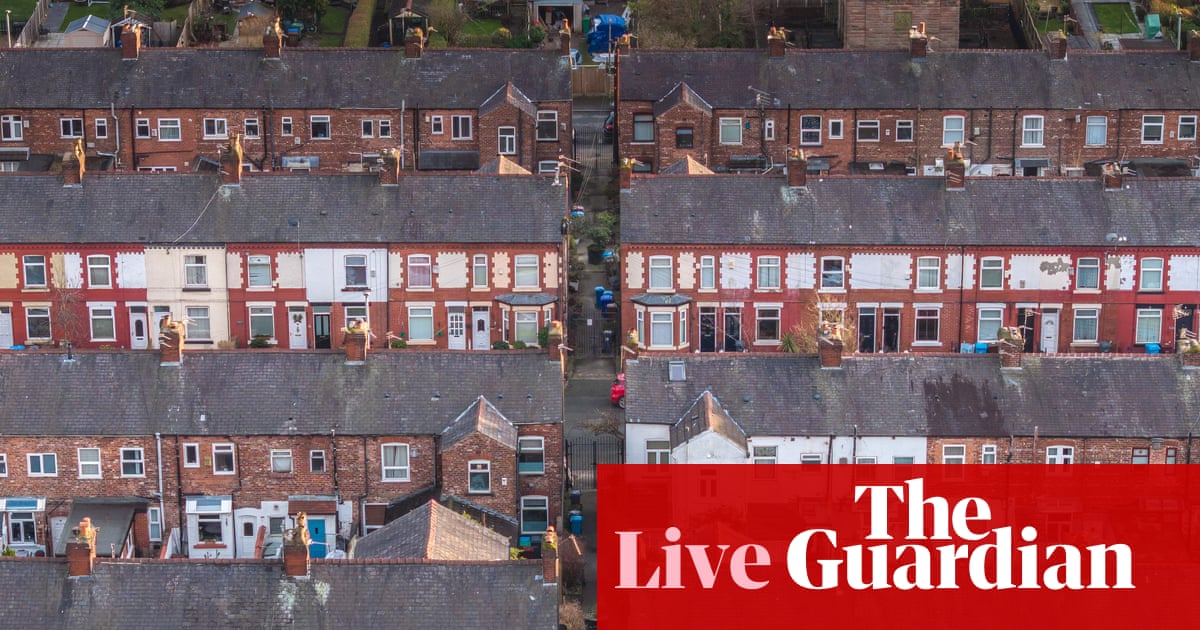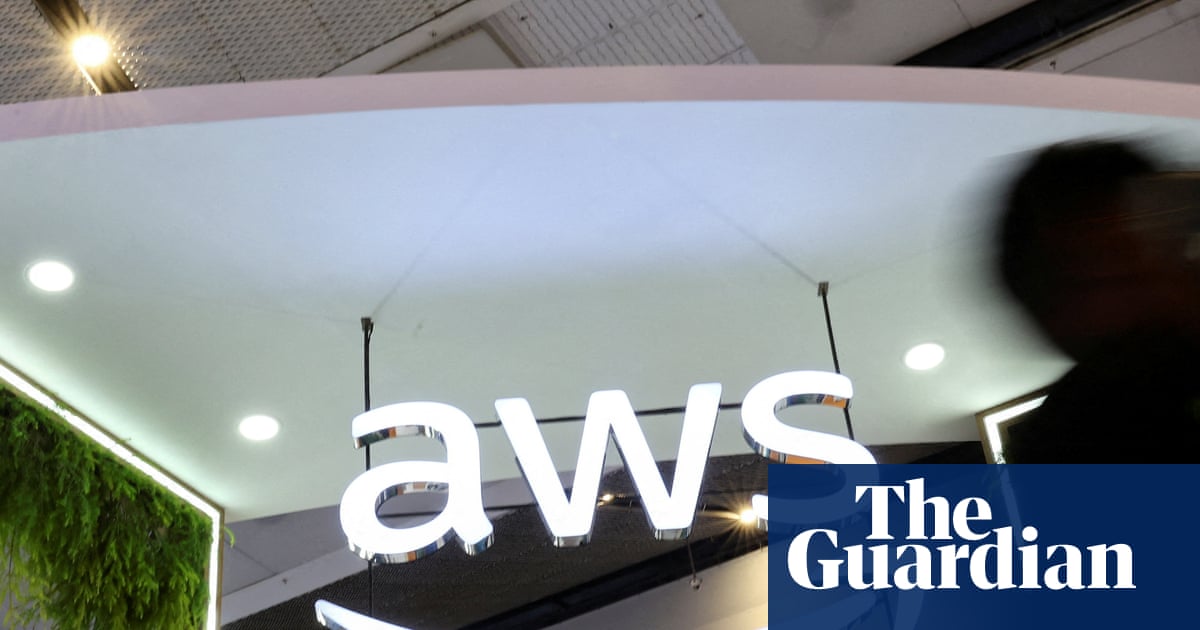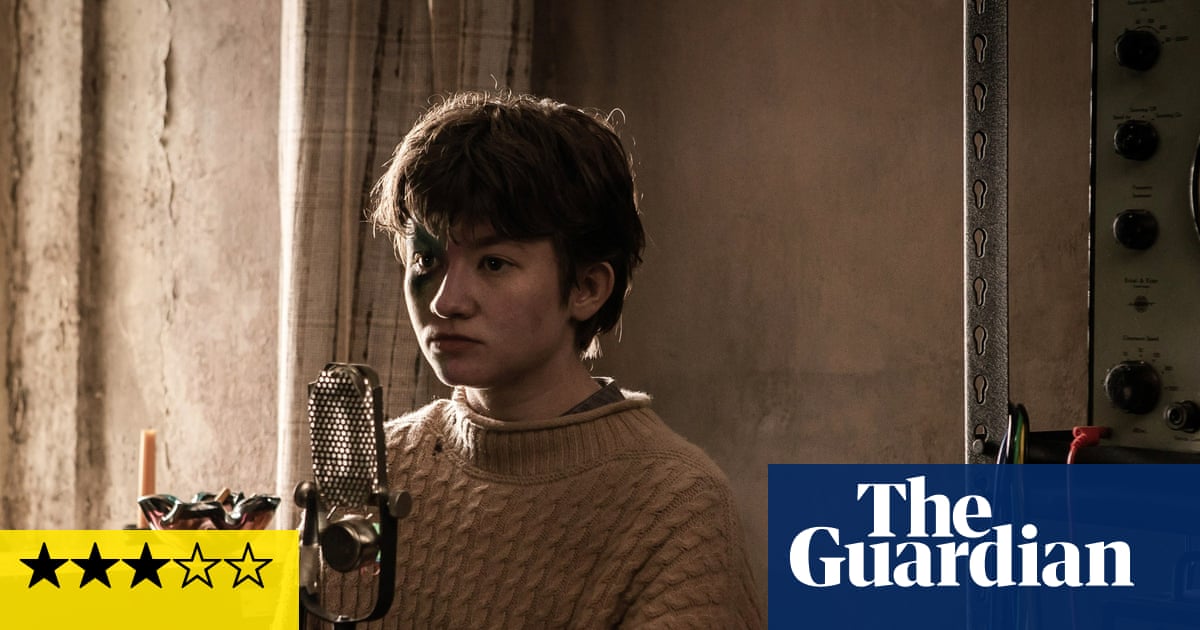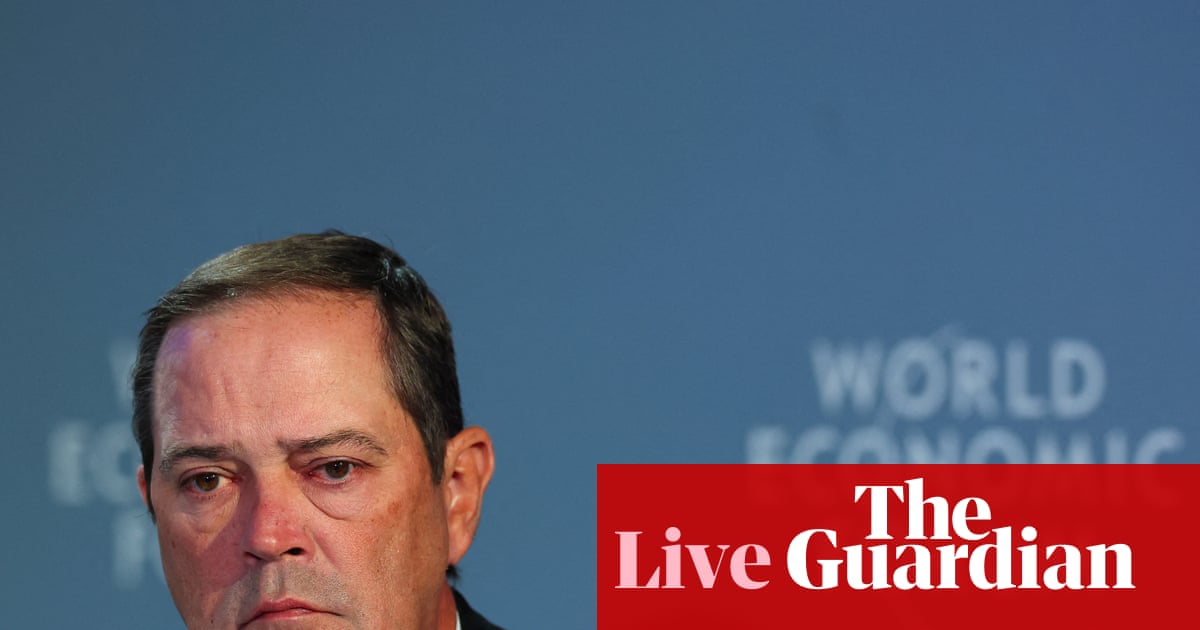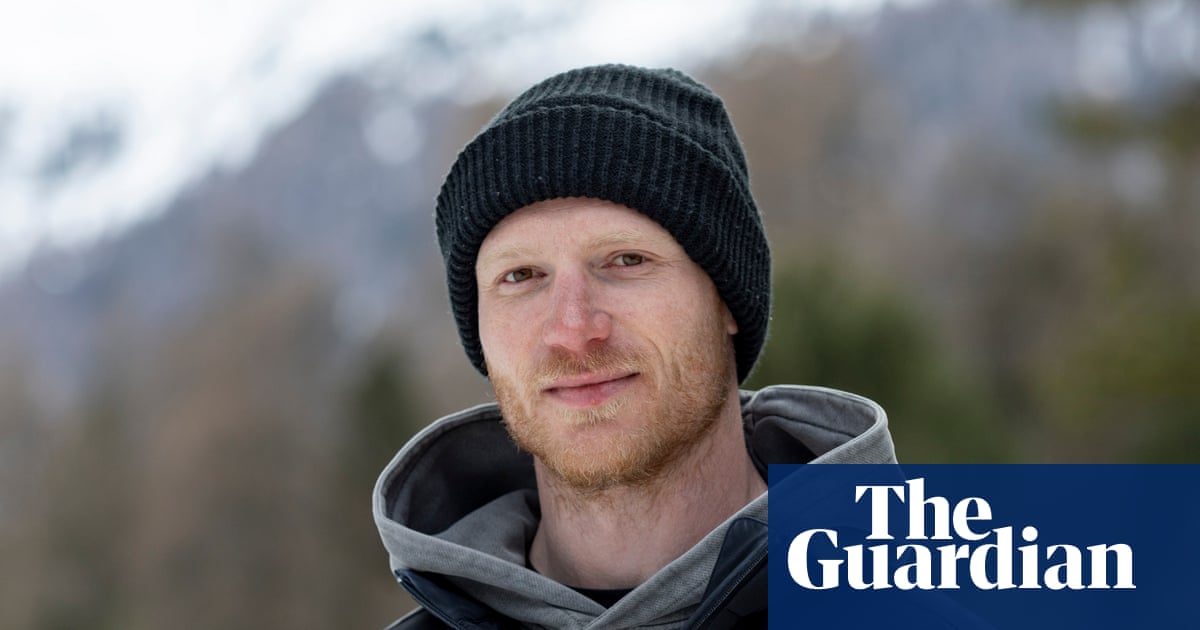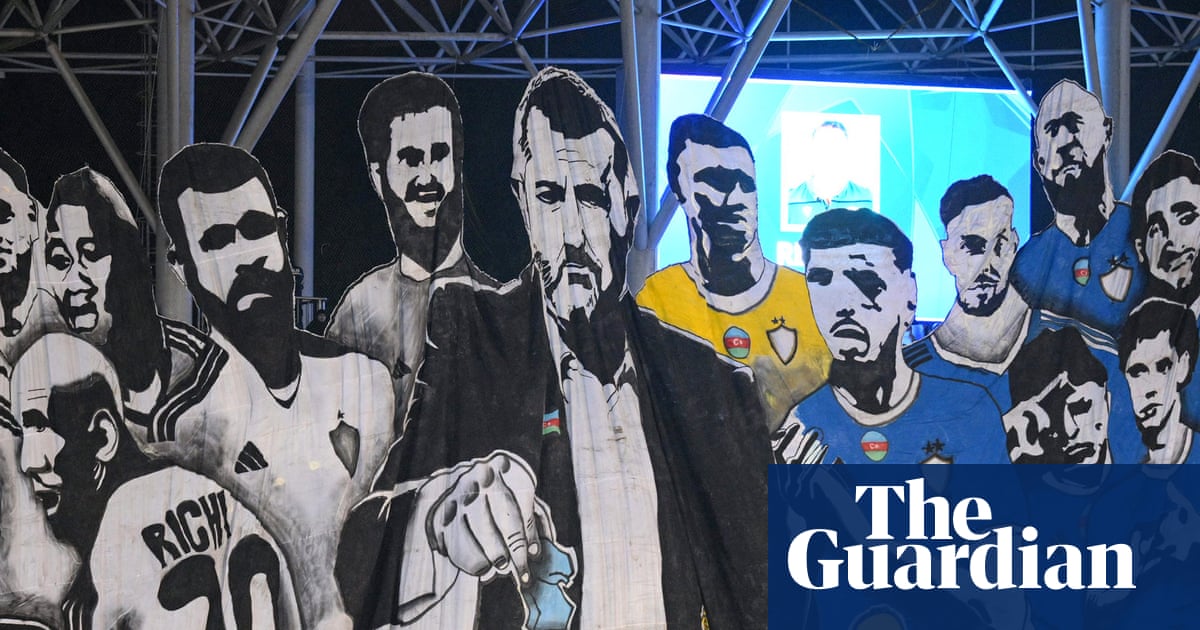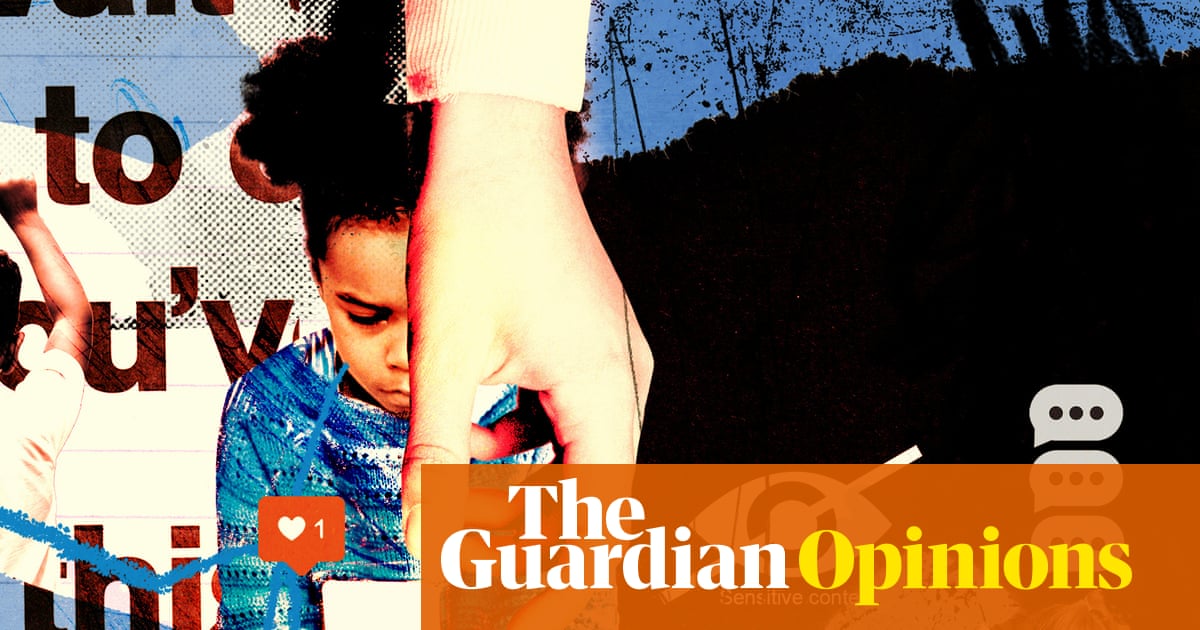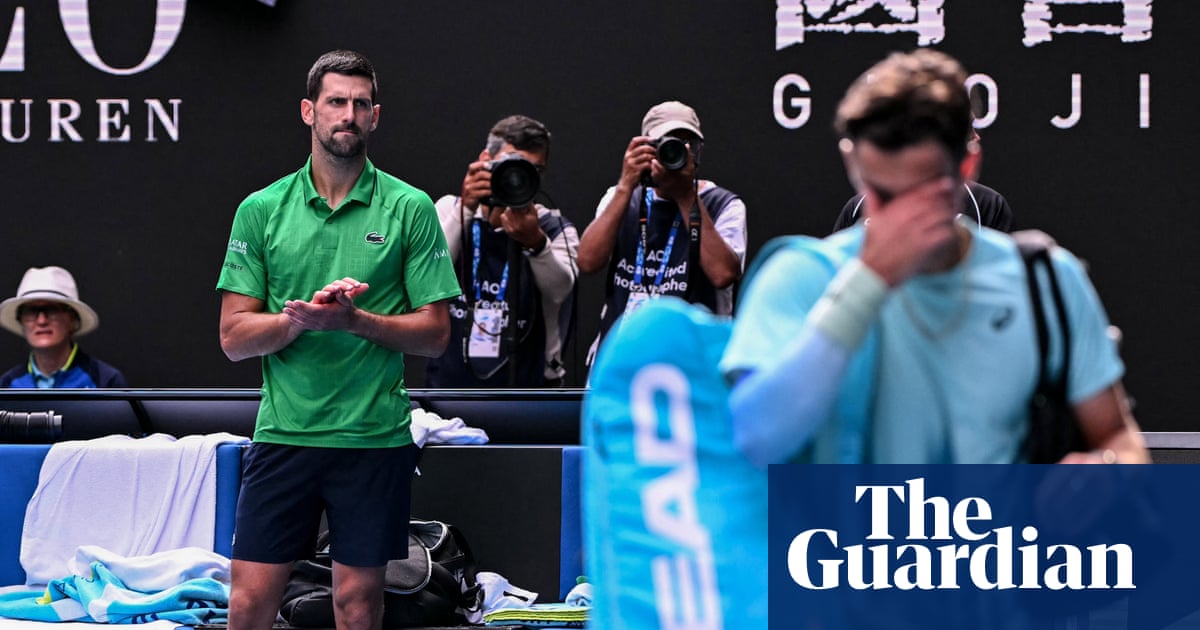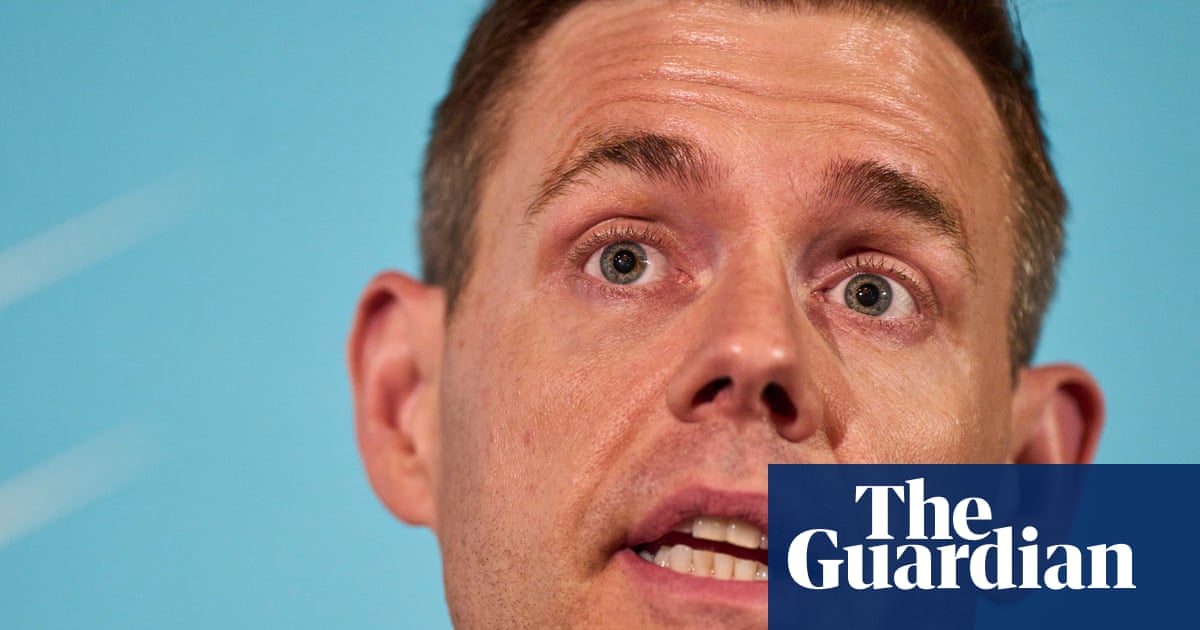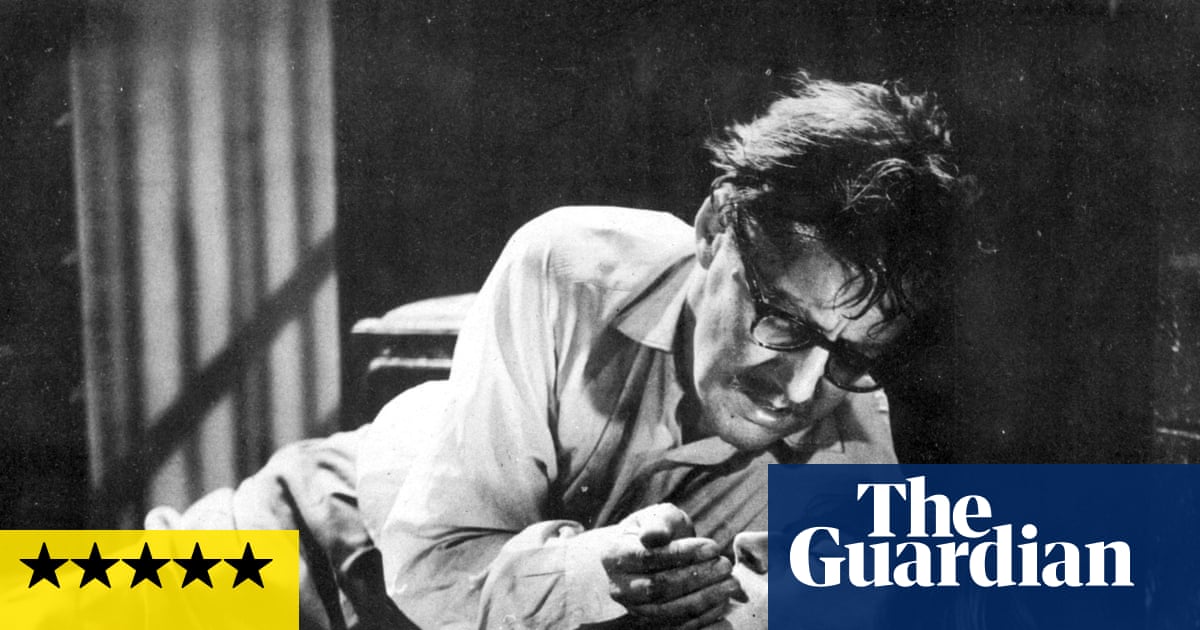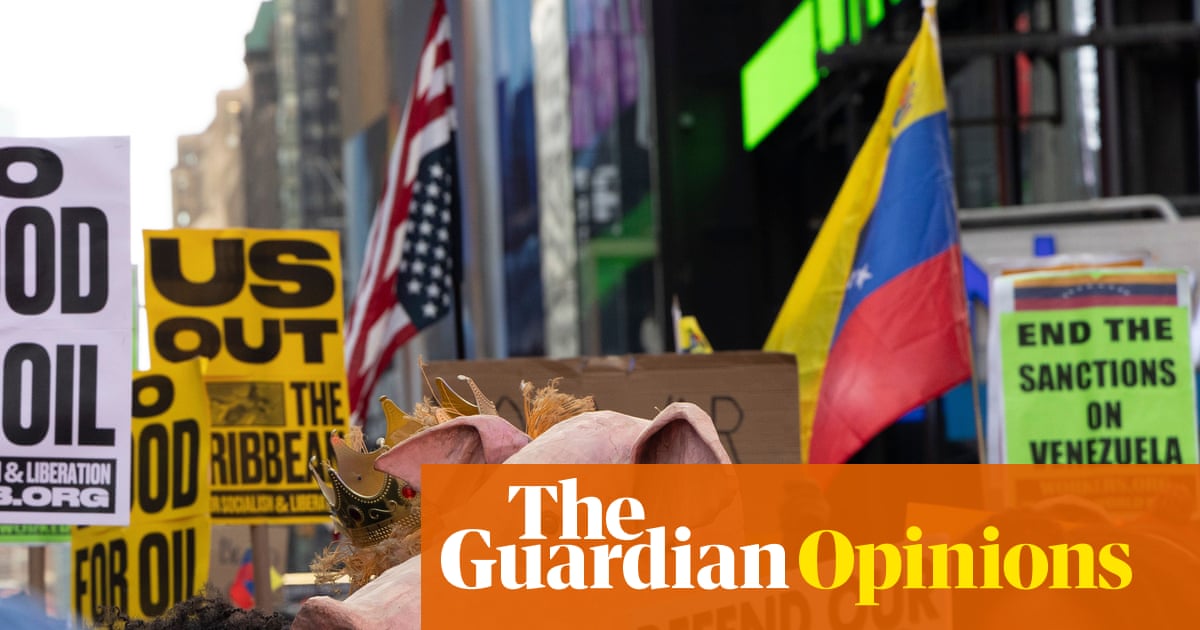In a small colourful room tucked away in the south of Argentina’s capital, Buenos Aires, four women are making bread and pizza bases, the bright spring sun shining strong outside the windows, which are covered in black metal mesh.
Inside, the radio blast upbeat tunes, but the mood is grim: the neighbourhood has been shaken by the livestreamed torture and murder of two young women and a girl allegedly at the hands of a drug trafficker who lived just a few blocks away.
“Things are very tough,” says one of the women, who asked not to be named. “What they did to those girls shows how drug trafficking gang are gaining power.”
Until recently, the women ran a youth centre and soup kitchen four times a week. After sweeping cuts to public funding by the president, Javier Milei, they manage only two weekly meals – thanks to local help and their bakery.
As demand grows, they say, local drug traffickers are stepping in, offering donations.
“They don’t ask for anything upfront, but saying yes puts you in their debt,” said one of the women, who asked for anonymity to ensure their safety. “Many other kitchens accept, not because they want to but because they have no choice.”
Since Milei took office in late 2023 and slashed public spending, traffickers are taking advantage of rising needs, according to priests and community leaders. Gang bosses support soup kitchens, run events for children and offer jobs and loans in a drive to expand their control of poor neighbourhoods.
Milei promised to fix Argentina’s economy, which has been battered by record inflation and rising poverty. While he managed to tame inflation and slightly decrease poverty, the economy has stalled. Consumption is down and nearly half of the country is borrowing money or using credit cards to pay for food.
Government cuts have been felt hardest in vulnerable barrios populares – as the poor neighbourhoods are known – slashing food for soup kitchens, subsidies for cooks and social workers, and cutting off a programme that trained people to build sewers, pave roads and connect homes to power. Local drug treatment programmes were also shut down.
The government claims community groups were corrupt and inefficient, opting instead to expand direct aid via food cards. But community leaders argue that cutting support has left youths jobless, increased poverty and drug use, and opened the door for local drug traffickers to take over.
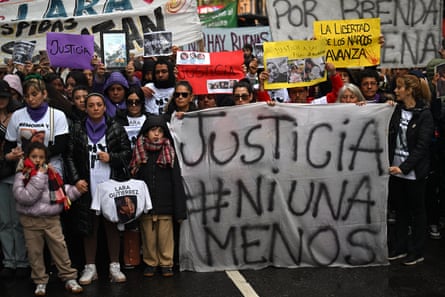
“Today, the only job opportunity in many barrios is selling drugs,” said one social worker in a barrio in the outskirts of Buenos Aires who asked not to be named. “We used to run a youth club and helped young people train and find jobs, but we were forced to shut down. There are no job opportunities.
“These kids can make 7,000 pesos a day selling cardboard or 80,000 pesos an hour working for a local drug trafficker. What do you think they are choosing?
“These drug traffickers are giving young people jobs, money, food, everything they need and that way, they take control of the barrio, and they use it as their shopfront. Drugs are taking over.”
Argentina has one of the lowest murder rates in Latin America, but the traffickers’ growing power is also leading to a rise in violence. In one barrio in San Martín, in the greater Buenos Aires area, people have described a rise in gun violence, some of it related to shootouts between drug gangs fighting for territorial control.
On 14 September, Sebastian Carrillo, 27, who volunteered in a local soup kitchen, was killed when a stray bullet broke through the window of his girlfriend’s house. The family say the police were called but never arrived. Neither did an ambulance.
“We are demanding justice for Sebastian – but also for the government not to completely abandon the barrios,” said Lorena Lillo, Sebastian’s aunt, who raised him. “What we want is for young people to have opportunities, so their only option is not just getting a gun and selling drugs.”
The former MP Leonardo Grosso, who has been working in the barrios for decades, said traffickers were exploiting a toxic mix of poverty, neglect and rising drug use.
“It’s a perfect storm for the deaths of kids society doesn’t care about,” he said. “We need justice for Sebastian and peace for the barrios, but we also need answers. Who’s supplying the drugs and the guns?”

 3 months ago
49
3 months ago
49
